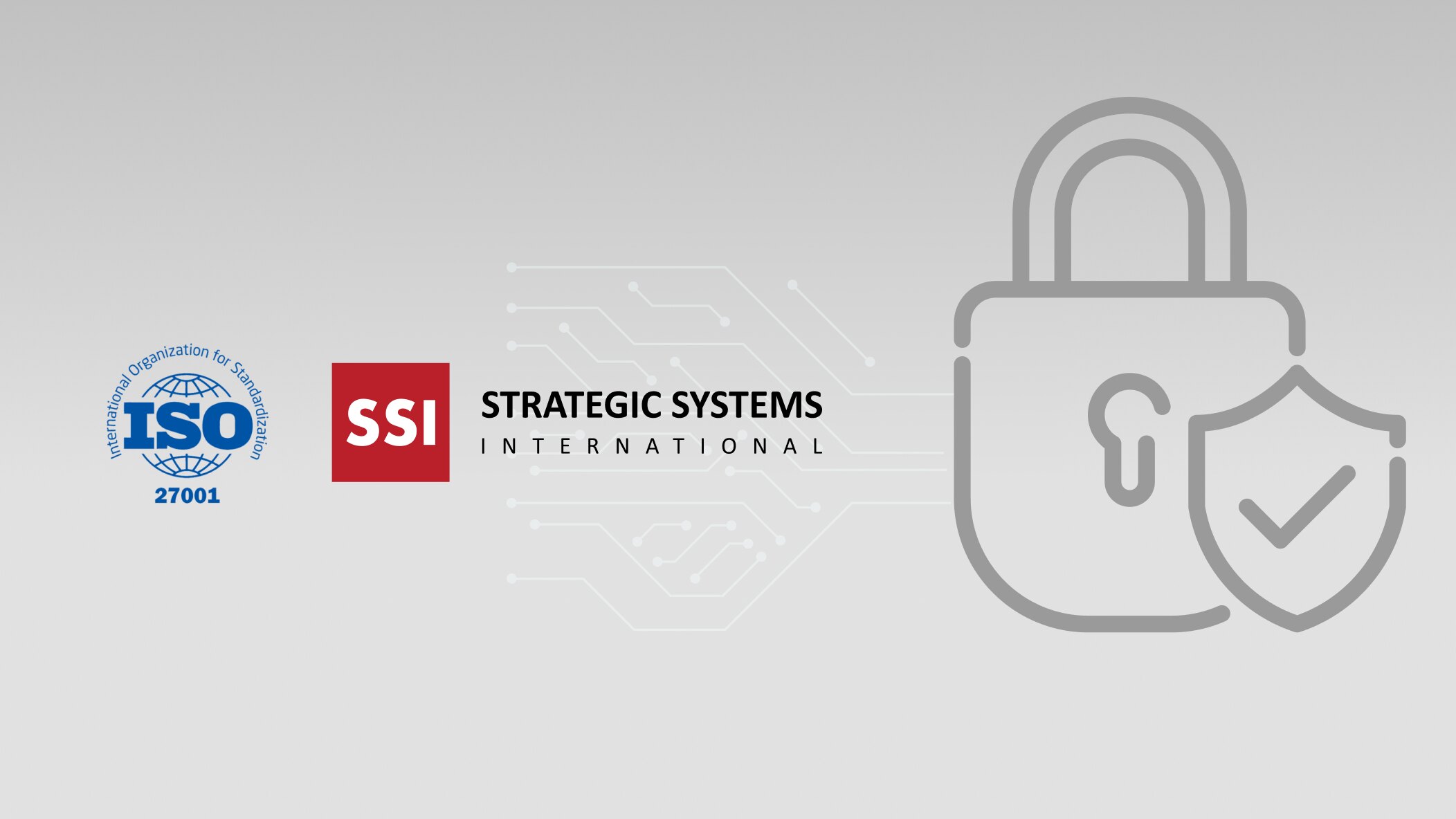Global forecasts suggest that blockchain technology revenues will experience massive growth in the coming years and the market is expected to reach over 39 billion U.S. dollars in size by 2025.
In the present day, manufacturers around the world are met with serious challenges that include demand forecasting, inventory control, plant capacity management, ROI assurance, and digital transformation adaptation – thanks to the rapidly evolving market dynamics and ever-increasing customer expectations. Also, employing this pragmatic technology in order to support operations involves extensive structured assessments, identification of business requirements and future needs.
Due to these pertinent challenges faced by the manufacturing sector, the possibilities of blockchain adoption across the industry only continue to mount. Moreover, it is interesting to know that the top industry analysts have optimistic predictions around the adoption of blockchain – close to 30% manufacturers (with more than $5 billion in revenue) would implement industry 4.0 projects leveraging blockchain by 2023.
Read More: Top Three Edge Computing Trends to Watch in 2021
In this blog, we have rounded up few real world use cases of how blockchain is disrupting the status quo in manufacturing.
Supply chain tracking and tracing
Promising superior traceability is paramount to manufacturers as it affects product recall, compliance, customer experience, and most importantly, distribution. By employing IIoT and blockchain together, manufacturers can streamline how they aggregate, store and share data with partners across the supply chain. The IoT-linked sensors collect data at every stage of the value chain – from raw material to the finished product – and store it on the secure, peer-to-peer network, thereby, facilitating a single source of the truth and enabling all supply chain partners to access that data at any time.
The sensors may record information such as temperature, moisture, location, and other environmental or physical factors that may affect the quality and efficacy of the final product. Any unprecedented deviations across those factors triggers an alert and the concerned party can take appropriate corrective action. When compared to more traditional methods of tracking, such as radio-frequency identification (RFID), global positioning system (GPS) and near-field communication (NFC), blockchain and IIoT present a more holistic solution with advantages in terms of data transparency, completeness and integrity.
- DHL (Supply chain management, Logistics)
DHL leverages Blockchain-powered logistics to track and record information related to shipments while maintaining the integrity of transactions.
- Maersk (Supply chain management, Logistics)
Through its partnership with IBM, Maersk aims to leverage Blockchain tech’s potential to better understand and optimize supply chain management and digitally track products across international borders in real-time.
Read More: AI in Supply Chain and Logistics: Three Emerging Startups
Smart Contracts for Better Contract Management
Blockchain-based contracts are becoming more and more popular as sectors like government, healthcare and the real estate industry unleash the benefits. Smart contracts are like regular contracts but the rules of the contract are applied in real-time on a blockchain – this eliminates the need for middleman and adds levels of accountability for all parties involved in a way not possible with traditional agreements. This saves businesses time and money, while also ensuring compliance from everyone involved.
Below is an few example of how blockchain makes contracts smarter.
BurstIQ’s big data blockchain contracts help patients and doctors transfer sensitive medical information in a secure manner. The smart contracts establish the parameters of what data can be shared and even displays details of personalized health plans for each patient.
Blockchain Powered Internet of Things
The Internet of Things (IoT) has observed an upsurge in blockchain applications recently. IoT has millions of applications and many safety concerns, and an increase in IoT products means better chances for hackers to steal data easily from an Amazon Alexa to a smart thermostat.
Blockchain-infused IoT adds a higher level of security to prevent data breaches by utilizing transparency and virtual incorruptibility of the technology to keep things “smart.” Below are a few US companies using blockchain to make the Internet of Things safer and smarter.
- Filament (Industry Internet of Things, Manufacturing):
Filament creates software and microchip hardware that lets connected devices operate on blockchain. The Reno-based company’s products encrypt ledger data, distribute real-time information to other blockchain-connected machines and allow for the monetization of those machines based on timestamps.
- Xage:
Xage is the world’s first blockchain-enabled cybersecurity platform for IoT companies. The technology manages billions of devices at once and can even self-diagnose and heal possible breaches. Xage is primarily used by IoT companies in the transportation, energy and manufacturing industries.
Read More: 5 Ways DevSecOps Can Manage Software Supply Chains
Strategic Systems International has a remarkable portfolio of delivering data-driven products and solutions to market and helping fast-growth firms achieve success through software development outsourcing. Please review our success stories here. Contact us for any queries at sales@ssidecisions.com.
Accelerate your digital and product engineering capabilities through remote work!
As companies struggle to maintain business continuity and maintain their digital growth trajectory, we are fully prepared and experienced to partner.



